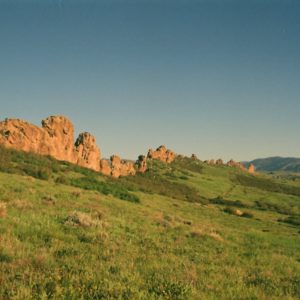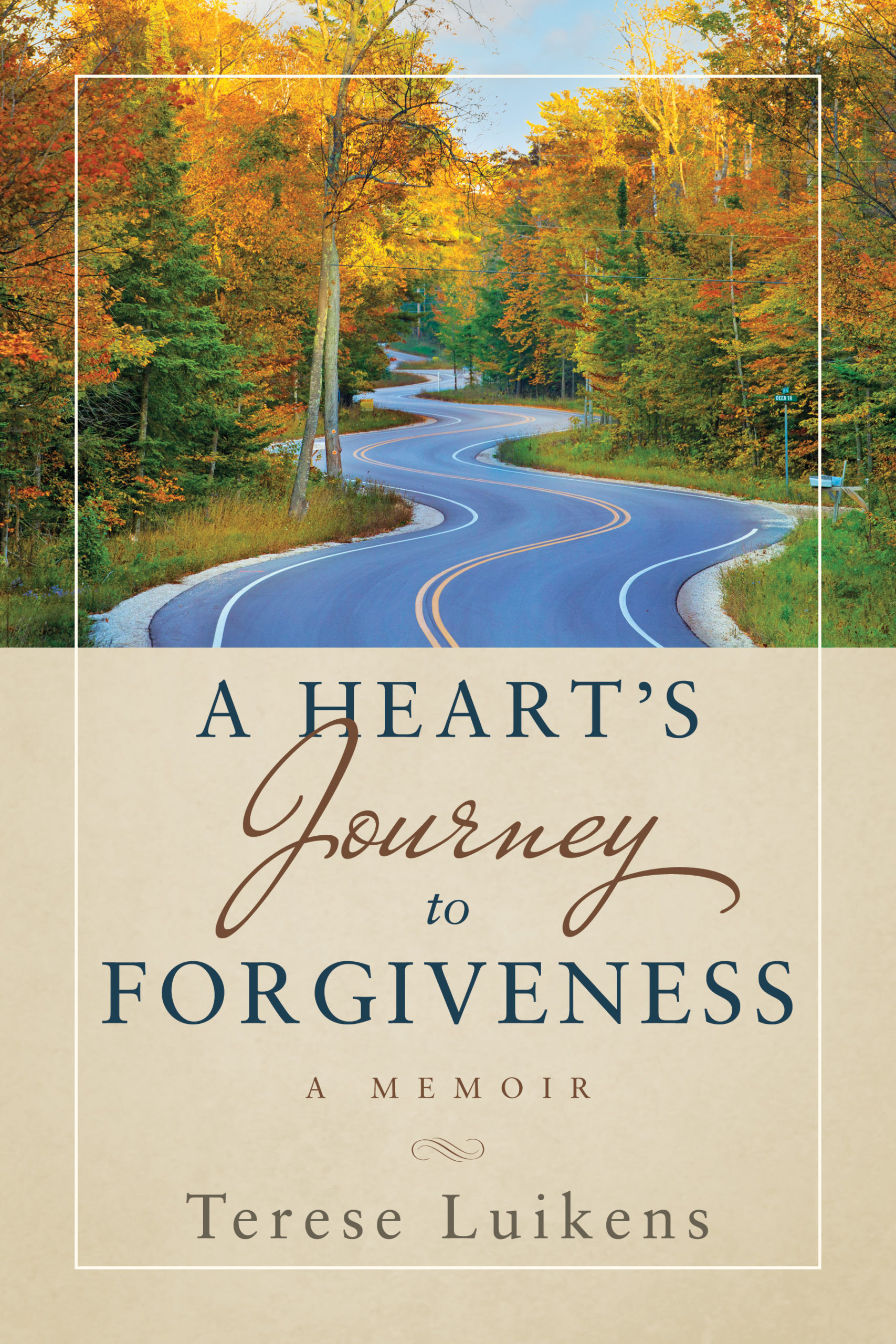
Why Bother Learning From Getting Lost?
I am directionally challenged which means I get lost easily. I’ve gone around circles while driving through cities, shopping in a mall, as well as hiking through the woods. My personal experiences with loss of direction have lasted for as short as an hour, to as long as a whole day. But my disorientation has not been in vain because of what I’ve gained.
Stages of Being off Track
Drawing from my own history of directional confusion, I can vouch for the fact that there are three, possibly four, different stages we move through when lost.
First, we are surprised and ask ourselves, “How could I be lost? Secondly, our disorientation may foster a sense of panic which then compounds our helplessness. Some people may also go through a brief stage of berating themselves for their mistake. Finally, we admit that we are lost and acquiesce to the fact that we need to find our own way, ask for directions, or wait to be found.
How much time we spend in each stage of being lost varies. Since I’ve been disorientated a number of times, I no longer spend time in the first stages of surprise, panic, helplessness, or scolding myself for my mistake. It has not always been this way, but one exceptional experience of wandering alone in the desert for a day, taught me to skip through the stages and immediately apply fortitude, resilience and certitude.
My family had been boat camping on Lake Powell more than once, but one year I experienced my greatest trial of getting lost. The water level was at a lower point than any of the previous years and exposed more rocky canyons to camp in.
Sharing a houseboat with three families which included a tribe of teenagers and preteens, sent me off the boat and out into the desert land that surrounded the lake each morning for a walk. I made it a point to walk east, and then waited for the most glorious moment of the day; the sun rise. Refreshed from a dose of solitude and quiet, I’d turn around and head west, back toward the boat.
My plan worked well for three days until the morning when I couldn’t find the boat. I retraced my footprints back to the rock where I’d sat for the sunrise, and once again to where I thought I’d left the boat. But peering over the rocky ledge, I could not spot the vessel. I retraced my steps more than once, and chided myself for having lost my way.
Kneeling down in the sand with only rocks and sagebrush as my audience, I cried out in panic: God, help me, please. Eventually, I brushed away my tears, stood up and assessed my resources.
I had a water bottle, a granola bar, a ball cap, a journal and a pen. With resolve, I knew I’d have to find my own way back to the boat. And so began my arduous, long and hot journey.
I crawled up and over boulders, through sagebrush and over barbed wire fences. At one point, I stumbled upon an abandoned forest service building equipped with running water and a map on the wall giving me a sense of direction. After refilling my water bottle, I set out with a renewed sense of tenacity.
Several hours later, the large vessel came into view. My family had feared the worst, and were somewhat miffed that I’d caused them to worry. But they were glad to see me. I too was relieved and at the same time, sensed a personal victory. With grit and backbone, I’d succeeded with a lonely trek and relied solely on myself.
Why bother to learn from getting lost? Being lost brings out our courage, adaptability and confidence like no other adventure can.
New Release
